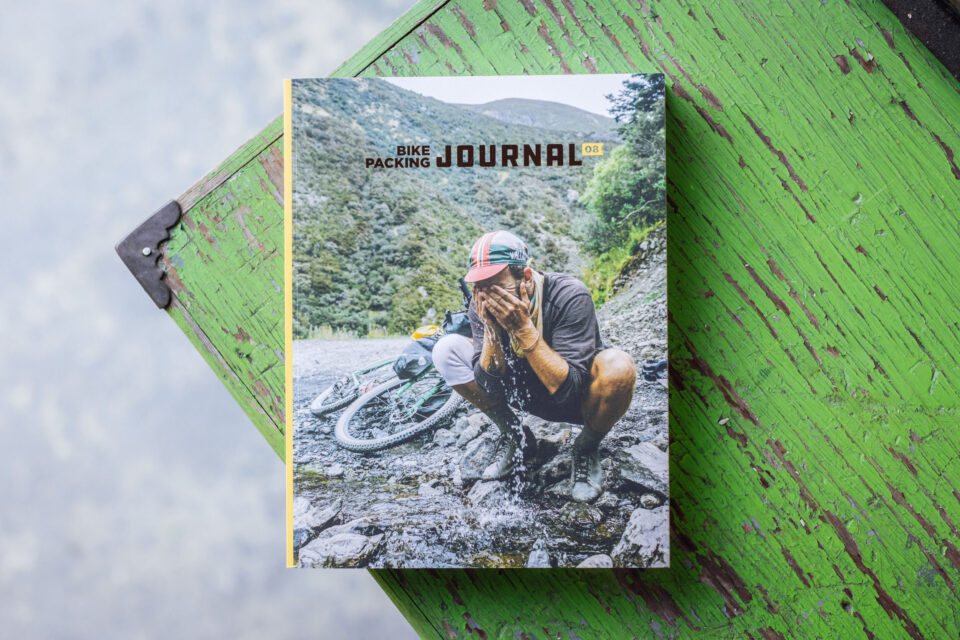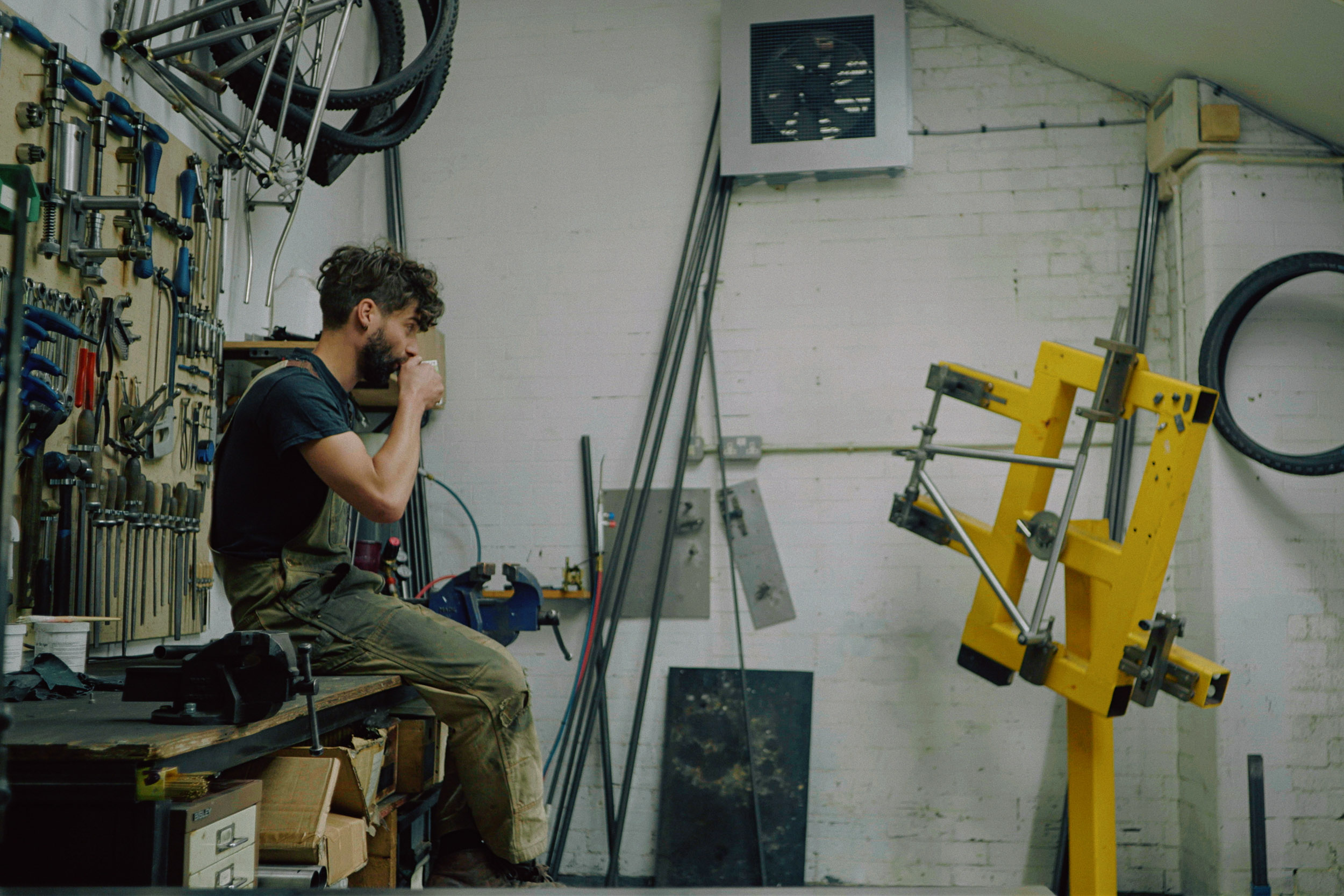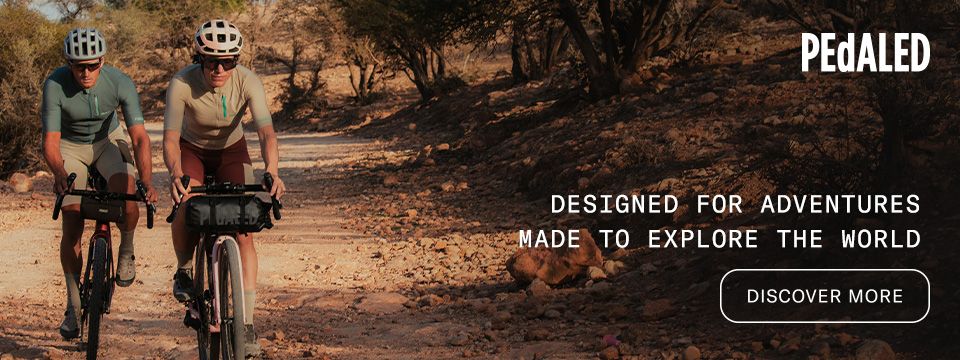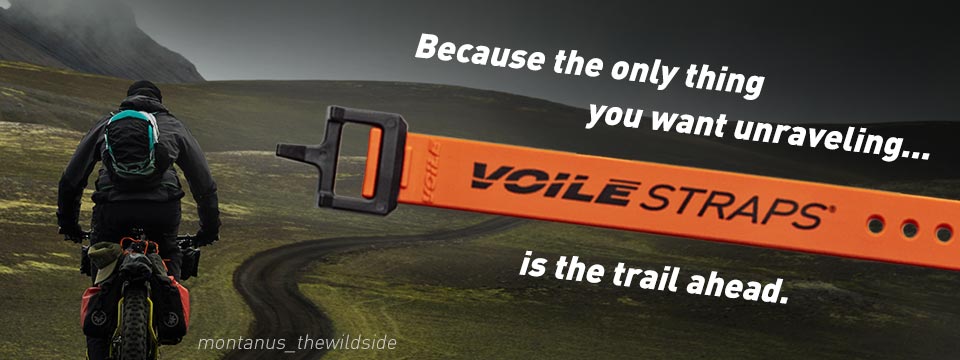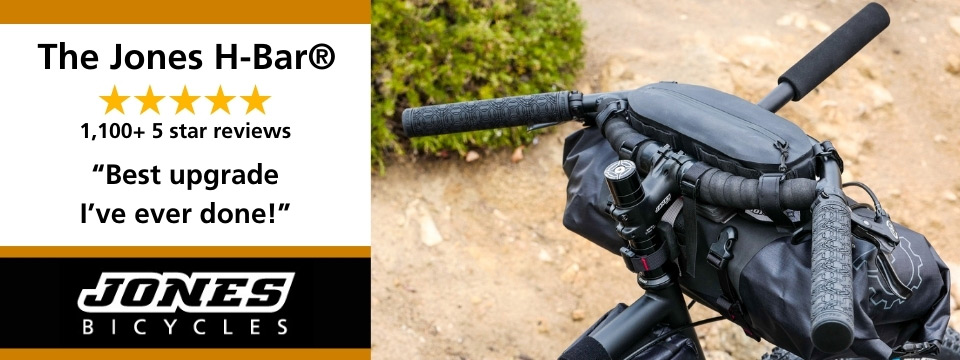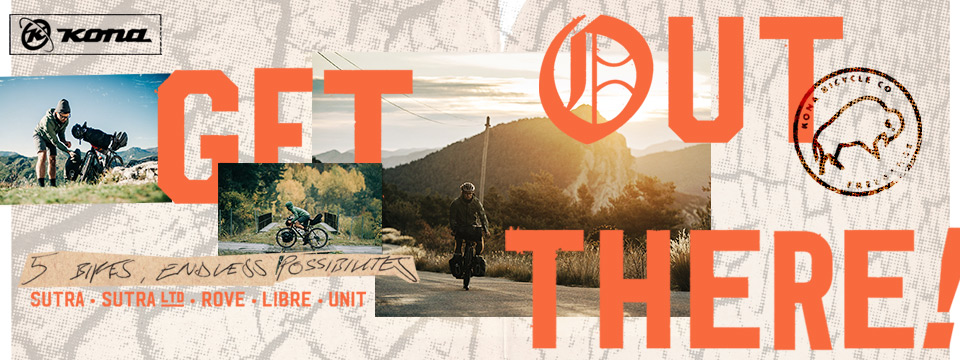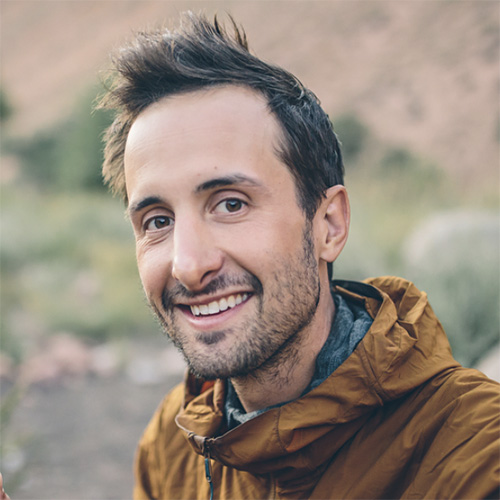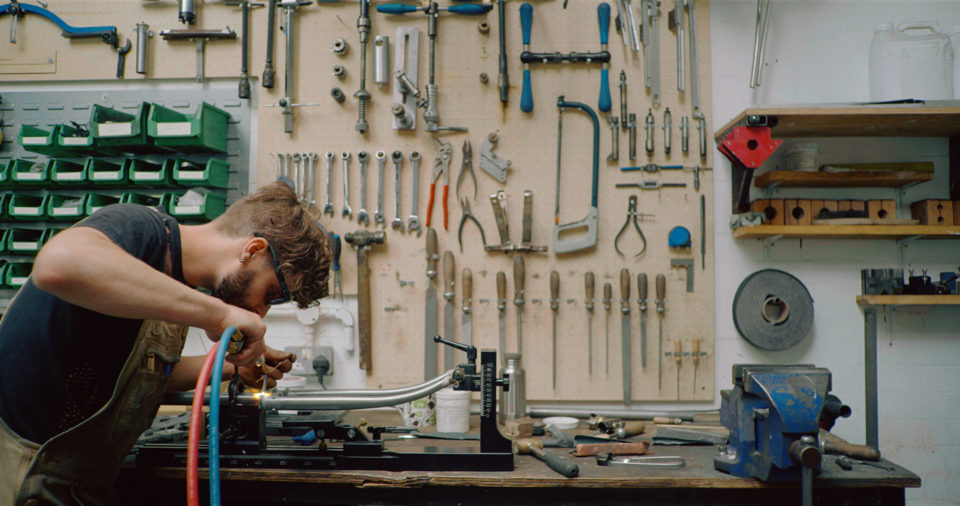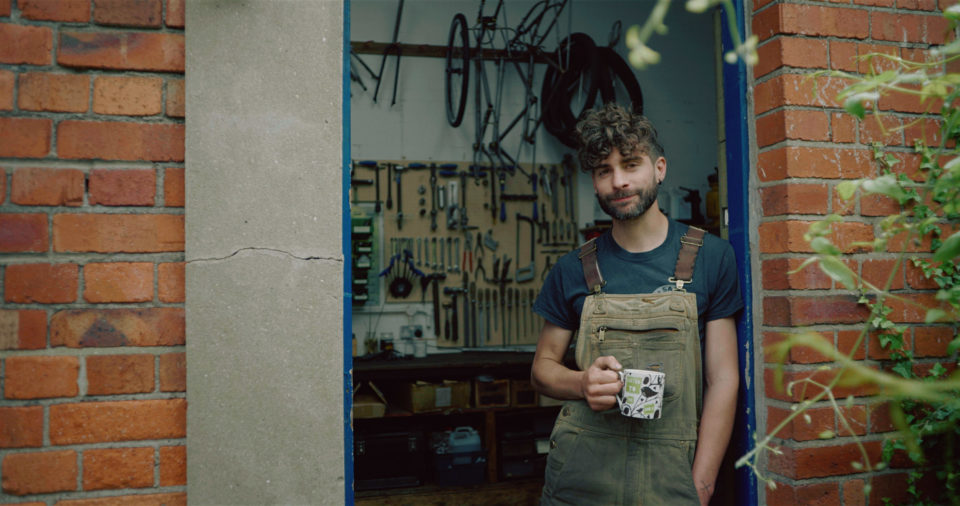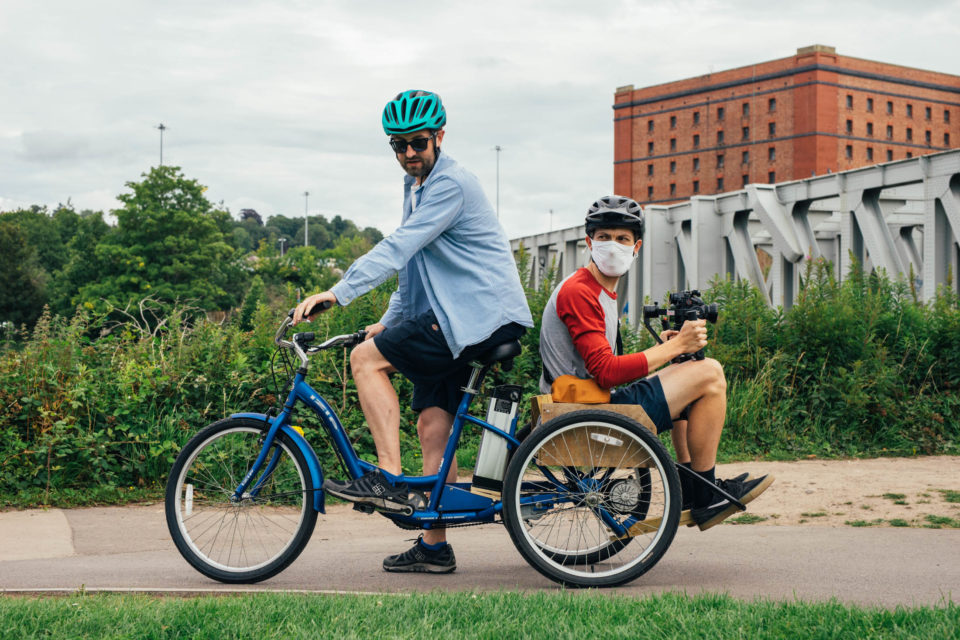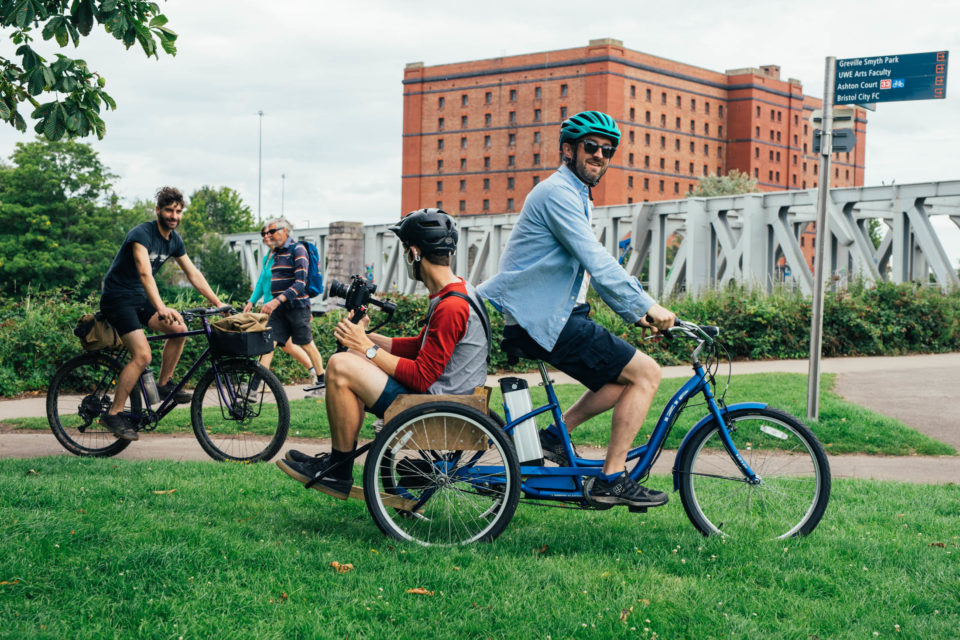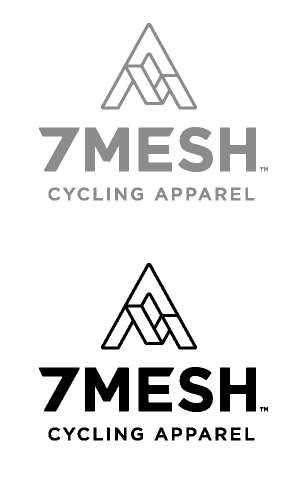Truth to the Process: The Clandestine Story (Film)
Share This
Truth to the Process is a new short film that paints a portrait of Bristol-based framebuilder Pi Manson and his brand, Clandestine. Watch it here, alongside a short interview with the filmmakers and a gallery of behind the scenes images…
We first featured British framebuilder Pi Manson’s work last spring when Cass shared an in-depth look at Pi’s beautiful and ultra-utilitarian Clandestine Carrier that was on display at the 2019 edition of Bespoked, the UK’s handbuilt bike show. Premiering here today, Truth to the Process is new short from director Dominic John—you might remember his excellent film, Hot & Bothied, which was also featured on the site last year—that offers an intimate perspective of Pi, his Bristol workshop, and his unique approach to building and riding bicycles.
Watch the six-minute film below, then continue on for a brief interview with director Dominic John and producer Jamie Edwards, who offer some thoughts on why they chose to share the Clandestine story, shooting a film during the time of COVID-19, and more.
What led you to create a film about Pi Manson and Clandestine?
Jamie: We wanted to do a film with a person whose story we were personally really excited to share. We’ve known Pi Manson and Clandestine for a few years and have been looking for the opportunity to make a film around him for about the same length of time.
We’ve always felt that Pi is a particularly interesting character. His entire life is built around bicycles: he shreds on a mountain bike, his city bike is his only day-to-day vehicle, and he spends his free time in the hills on his adventure bike. He pays the bills by making beautiful, functional bicycles under Clandestine or by helping other local cycling businesses with their projects.
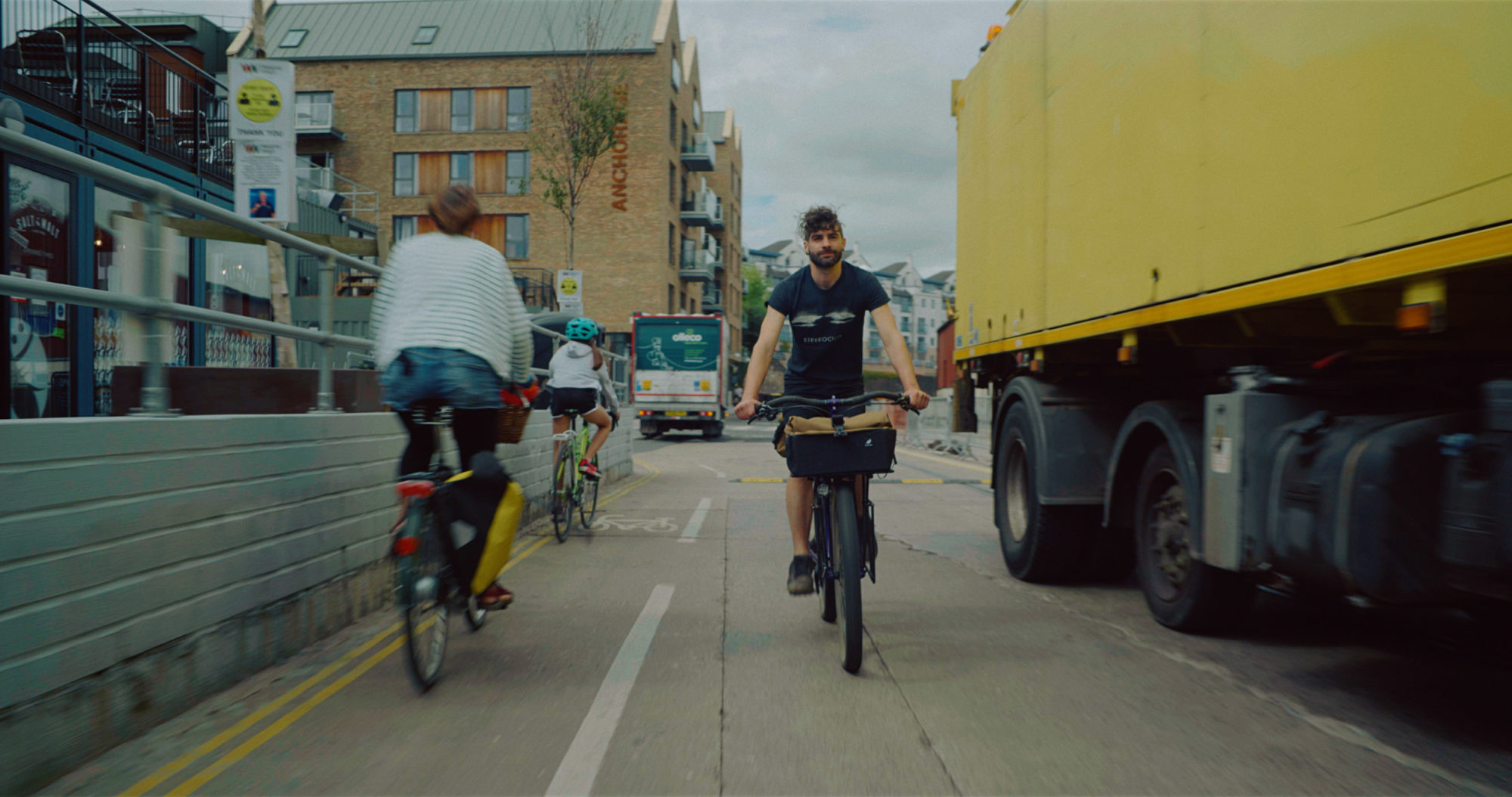
More than that though, we were drawn to his attitude toward bikes and what they mean to him. When you first meet Pi you quite quickly notice his “fuck the system” approach, straight edge tattoo, and general anti-corporate tack. That stuff is cool, but it’s ten-a-penny in cycling. Delve a bit deeper and Pi will tell you about his unconventional upbringing (which bikes helped him to process) and his real passion to make cycling far “more” than it currently is. To Pi that means making it more accessible, less focussed around performance, and less about weight and winning. He thinks bikes are a tool for everyone for every day.
He’s completely stripped ego and competition away from the bicycle and aspires for it to be a utilitarian tool for everyday journeys, weekend escapes, and holidays further afield. The word egalitarian gets used a lot. A self proclaimed “old-school socialist,” he sees himself as being a million miles from mainstream cycling. He dreams of bikes that are about trips to the shops rather than lycra and racing. The aesthetic of his bikes is kept deliberately raw with unfiled fillets, sturdy luggage racks, integrated dynamo lights, and frames that are built to carry heavy loads and last a lifetime rather than racing up a Col, head down and missing the scenery.
We thought that story was a far cry from what we see day to day in cycling and wanted to help tell it.
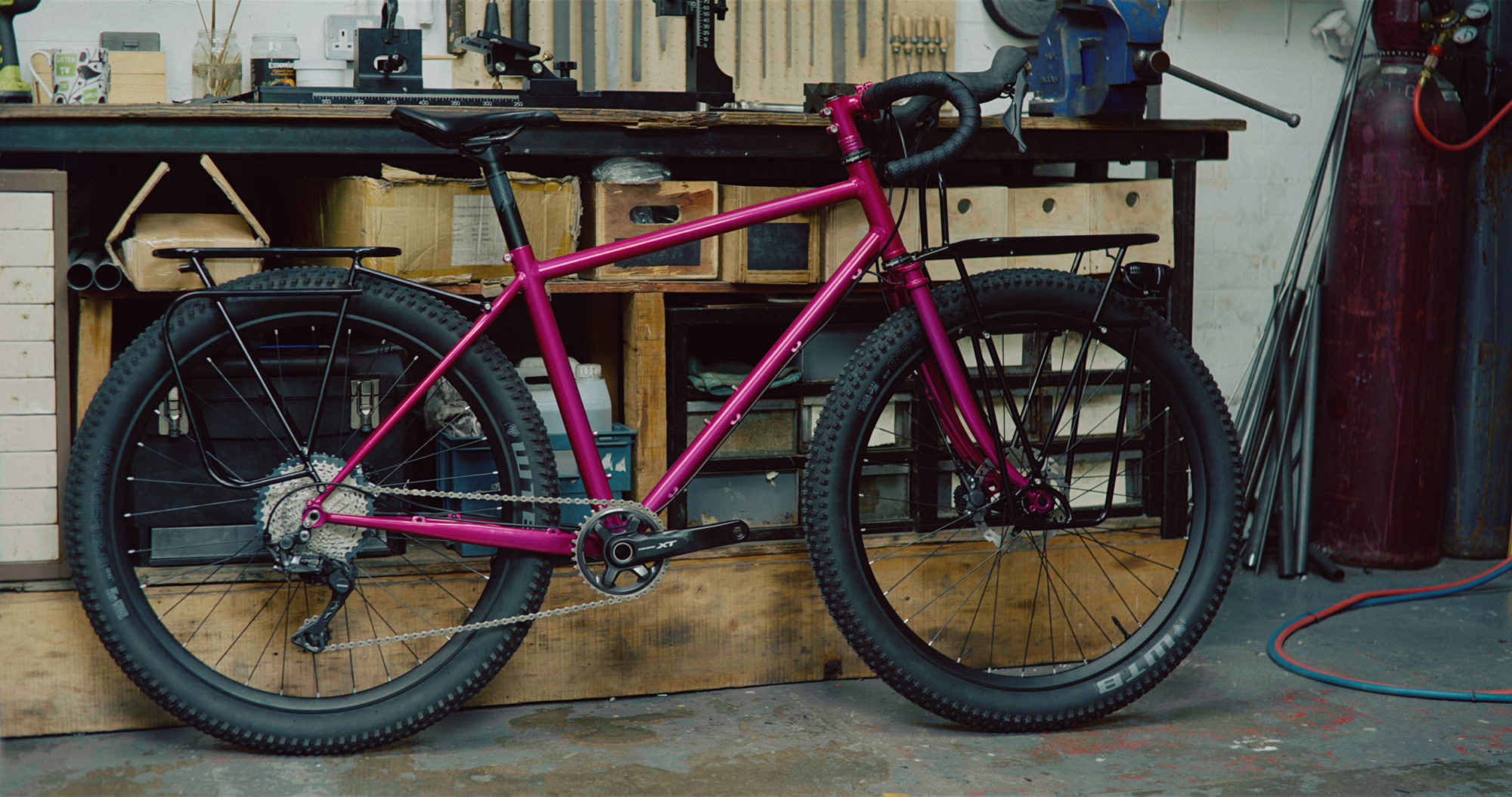
How do you think Clandestine fits into the broader cycling industry?
Jamie: Pi’s approach to bikes will probably ruffle a few feathers. As mentioned he’s not concerned in the least about winning races, going fast, wearing lycra, or shaving grams. He sees his bikes as being a rejection of mainstream cycling and the marketing-driven approach of bigger brands.
He’s also surprisingly gentle in his attitude. He doesn’t want to battle the competition or make brash marketing claims. He doesn’t care too much what his bikes weigh, so long as they’re robust. He wants bikes to be about going slow, experiencing the world, helping the community. They’re for riding to the shops, stopping easily to grab some groceries, having a chat as you ride. It’s all a lot more gentle and mellow than fat-tire MTB or skinny tubed road. It’s the polar opposite of how much of cycling is promoted and, we think, is a really interesting act of rebellion, albeit a very gentle and non-aggro one! It’s an attitude I don’t think many people see much of in cycling and makes a lot of sense.
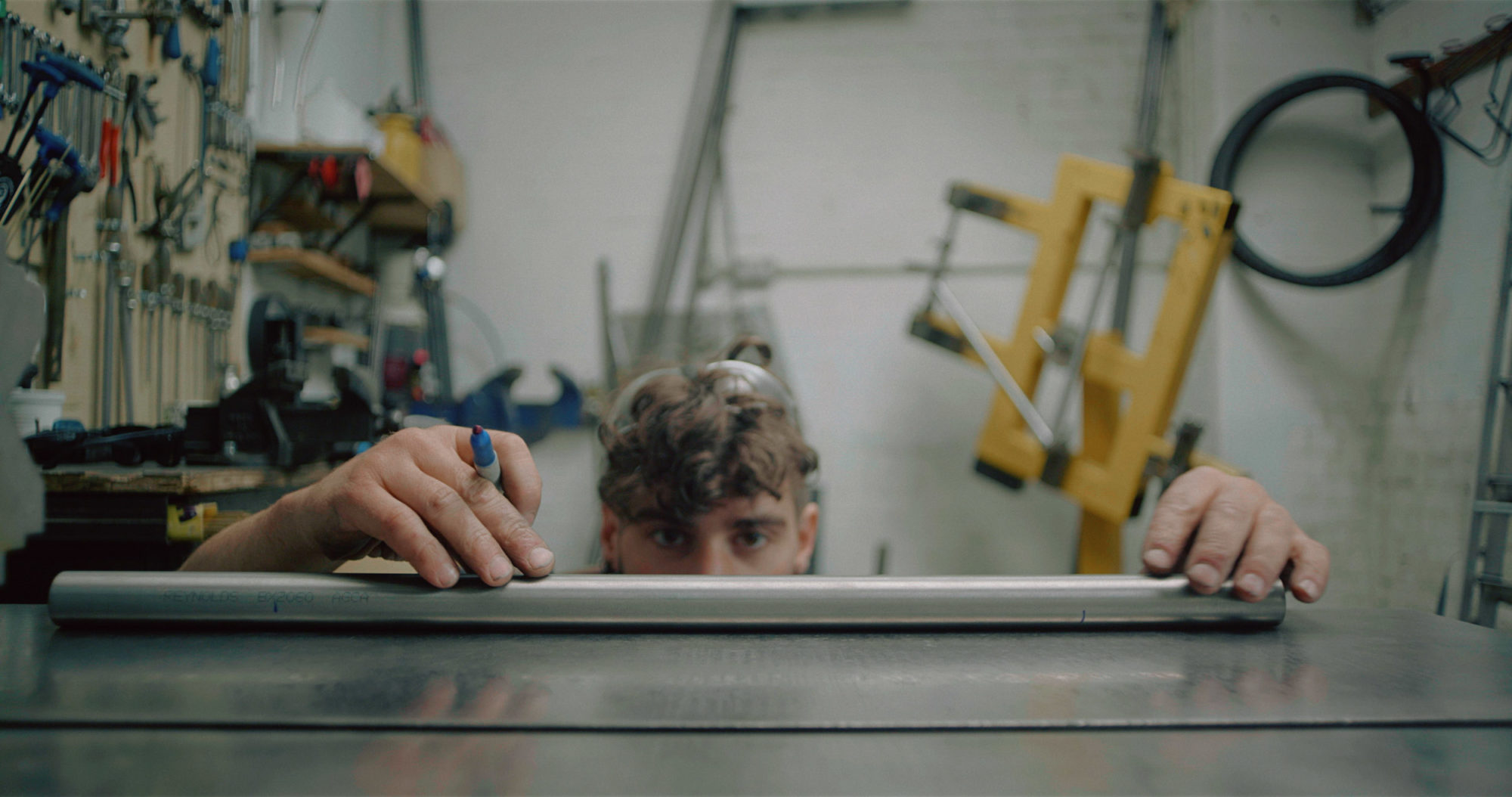
How’d the process of filming this differ from the process of shooting Hot & Bothied?
Dominic: The main difference in making a film like Truth to the Process as opposed to Hot & Bothied is that you’re not constantly on the move. The interview can be more considered and film lighting can be used to help enhance the look. It happened to be that both films took about three days to shoot, but on very different schedules. Hot & Bothied was more “run and gun” where I was trying to travel as light as possible whilst also getting the best possible footage I could with the kit I could get on my back.
For Truth to the Process we had more time in each location to tweak setups and try different things. We also went into the film with more of a plan in mind for the kind of story we were looking to tell and the locations we wanted to use to film the cutaways to help tell the story.
On an adventure film like Hot & Bothied you’re at the whim of the journey, and although you can be prepared, you’re never quite sure what’s around the next corner. We also had a few more moments for coffee breaks on this project.
Why shoot and launch this short film now?
Dominic: I wanted to shoot another bike film, but this time from a maker’s perspective, going behind the scenes of what goes into making everyone’s adventures possible.
I’ve done a fair few short maker docs with other artists and industries, but it’s always nice to come back to bikes. I wanted to get back into shooting something local post lockdown that was achievable in a short space of time with high production values that I could collaborate on with Bristol other bristol creatives.
We had originally planned to shoot the film just before lockdown, when restrictions were relatively light. Lockdown happened faster than we expected, however, and we had to push it back until later in the summer. That gave us plenty of time to think more about how we were going to make it and lots of planning time.
As soon things started to ease and other productions started kicking off we felt it was safe to crack on with the project. It was also well timed before a lot of the commercial work started coming in. For us as filmmakers, it’s a chance to try out different ideas and can help us pitch for different kinds of projects in the future.
Any other UK builders whose work you’ve been dreaming of documenting?
Dominic: There’s so many we’d love to work with… and just as many makers of accessories, luggage, and clothing. Plus, plenty of riders, guides, and people in the bike industry. We’re so lucky to have such a strong scene here in the UK that we’re almost spoilt for choice. We should probably start making a list!
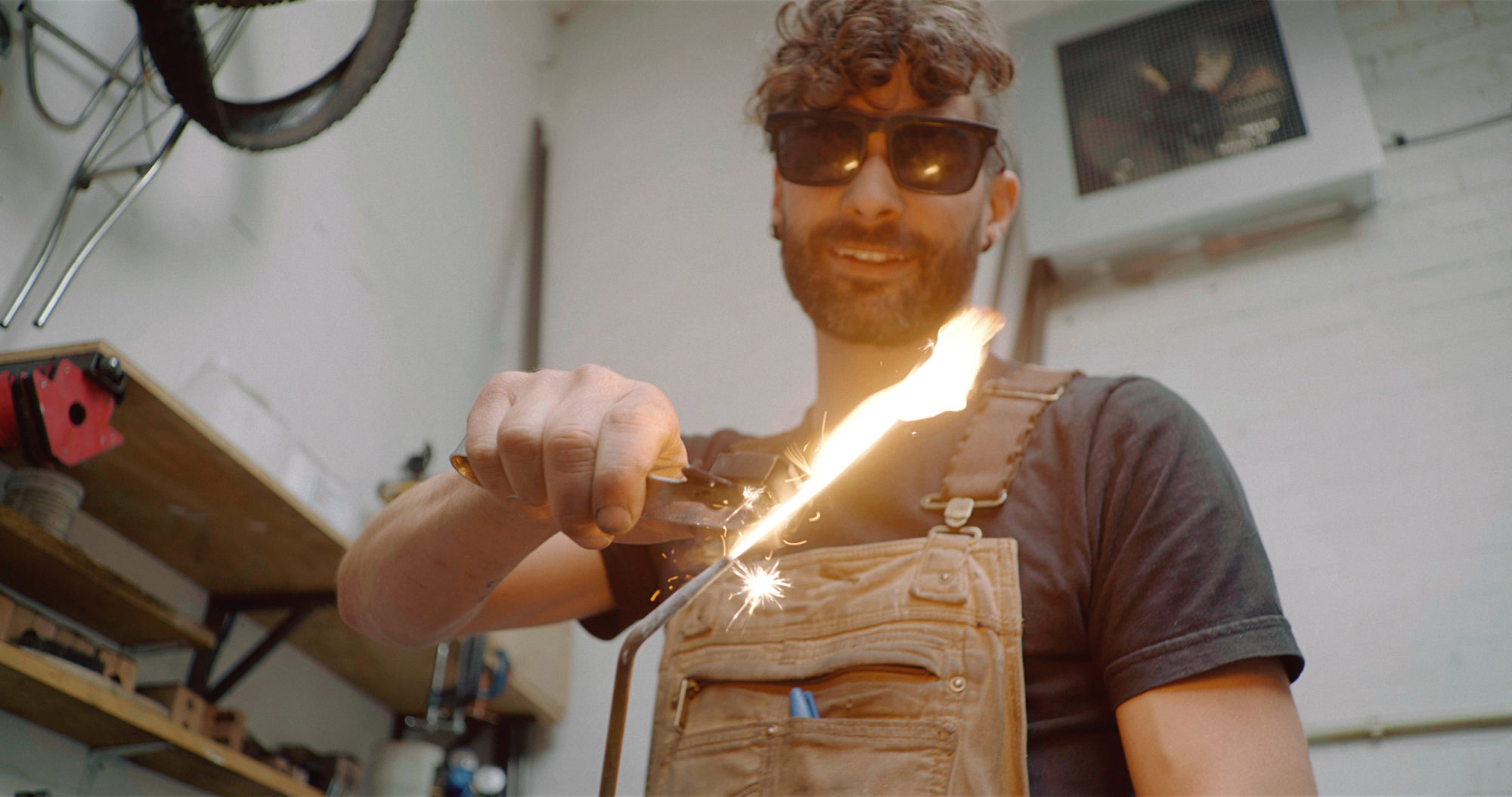
Do you have any other projects in the works that we can look forward to?
Dominic: We have a busy couple of months with commercial projects for various bike brands coming up, but they’re all hush hush at the moment. You can keep an eye out for new work on Openwide Agency (@openwide_agency) which is the name Jamie and I work under together. You can also find more projects on my website.
Visit Clandestine.cc to learn more about Pi’s full line of bikes, components, and more. You can also find Clandestine on Instagram @clandestine.cc.
Please keep the conversation civil, constructive, and inclusive, or your comment will be removed.




